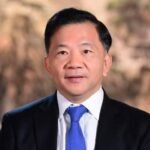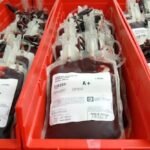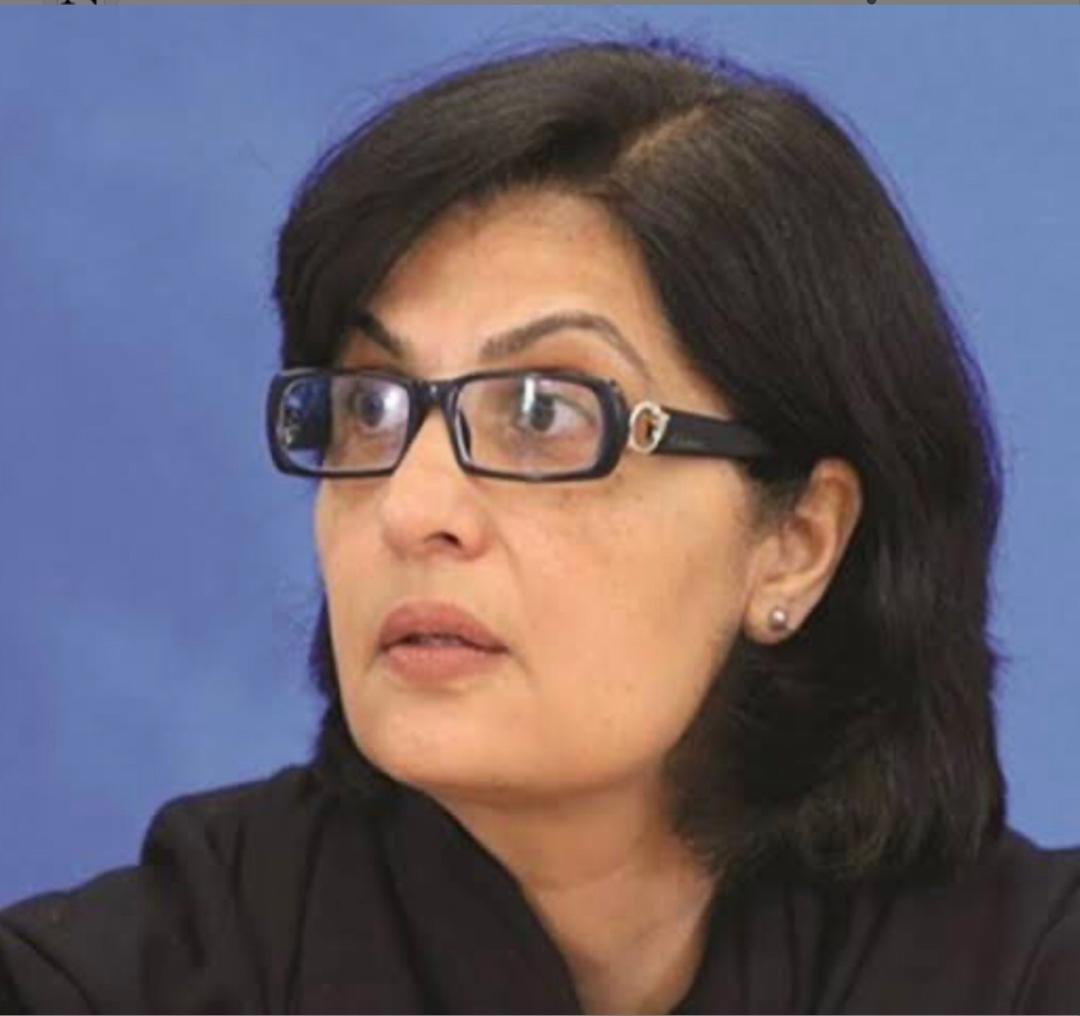By Abujah Racheal In a significant development for the GAVI Vaccine Alliance, Sania Nishtar, a Pakistani senator and seasoned Global[...]
Tag: Vaccine
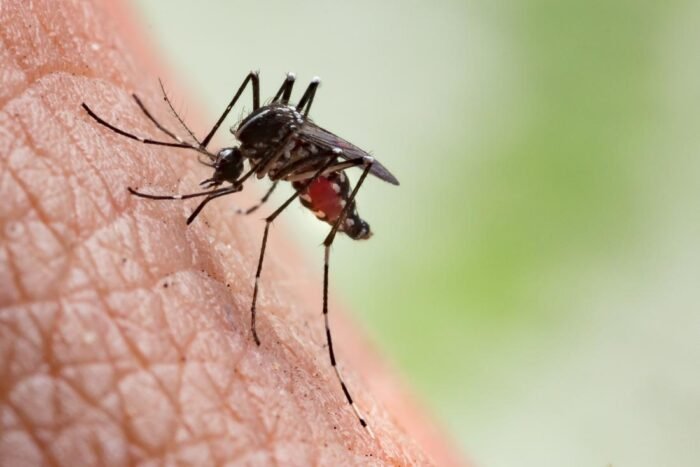
Cameroon to introduce malaria vaccine Jan.22Cameroon to introduce malaria vaccine Jan.22
0 Comments 1:09 pmCameroon Minister of Public Health, Manaouda Malachieon, says Cameroon will introduce malaria vaccine on Jan. 22. The minister, in a[...]

HPV: Lagos achieves 40% vaccine coverageHPV: Lagos achieves 40% vaccine coverage
0 Comments 10:45 pmBy Oluwafunke Ishola The Lagos State Primary Health Care Board (LSPHCB) says it has administered Human papillomavirus (HPV) vaccines[...]
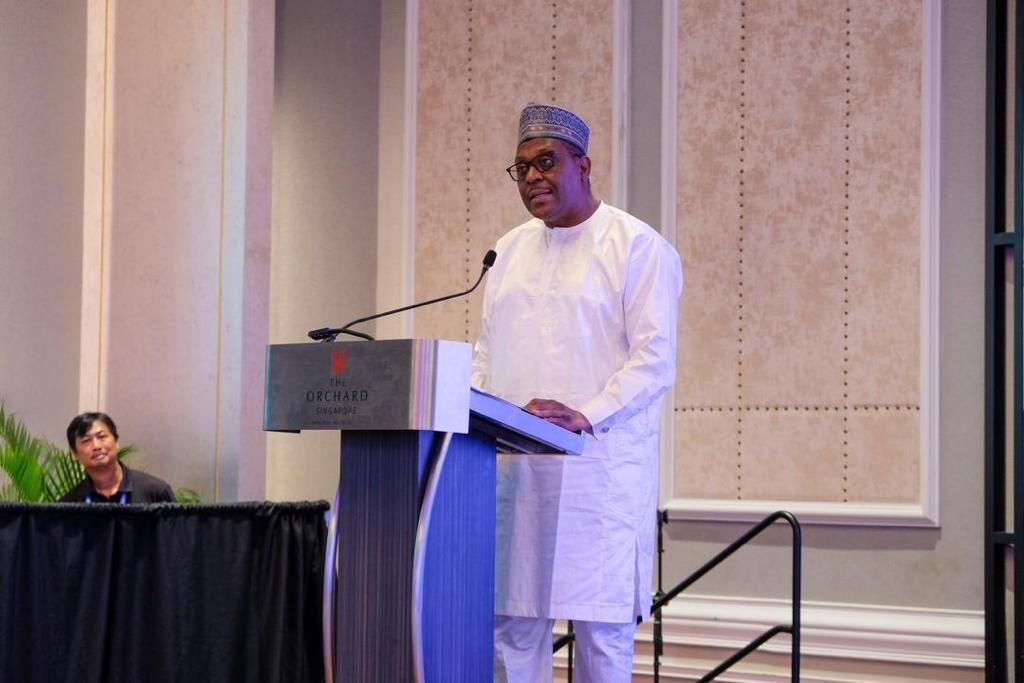
Pate seeks global collaboration to strengthen childhood vaccination, researchPate seeks global collaboration to strengthen childhood vaccination, research
0 Comments 7:57 amBy Abujah Racheal The Coordinating Minister of Health and Social Welfare, Prof. Muhammed Pate, has called for global collaboration to[...]

FG launches new mechanism to reach children yet to receive routine vaccineFG launches new mechanism to reach children yet to receive routine vaccine
0 Comments 5:08 pmBy Abujah Racheal The National Primary Health Care Development Agency (NPHCDA) on Monday unveiled the Zero Dose Learning Hub (ZDLH)[...]

1st new TB vaccine in 100 years advances as organisations fund trial1st new TB vaccine in 100 years advances as organisations fund trial
0 Comments 10:49 am1st new TB vaccine in 100 years advances as organisations fund trial Vivian Ihechu Wellcome and the Bill &[...]
No adverse reaction observed in COVID-19 vaccination – NPHDCANo adverse reaction observed in COVID-19 vaccination – NPHDCA
0 Comments 6:54 amBy Abujah Racheal The National Primary Health Care Development Agency (NPHCDA) has said that since the country commenced its COVID-19[...]
Lagos Govt receives doses of COVID-19 vaccinesLagos Govt receives doses of COVID-19 vaccines
0 Comments 1:46 pmBy Florence Onuegbu The Lagos State Government said it has received doses of the Oxford-AstraZeneca COVID-19 vaccines from the Federal[...]
SGF, ministers, PTF members receive COVID-19 vaccines MondaySGF, ministers, PTF members receive COVID-19 vaccines Monday
0 Comments 6:14 amBy Abujah Racheal The Secretary to the Government of the Federation (SGF) and the Chairman Presidential Task Force on COVID-19,[...]
Vaccine: FCTA warns against flouting COVID-19 protocolsVaccine: FCTA warns against flouting COVID-19 protocols
0 Comments 4:50 pmBy Salisu Sani-Idris The FCT Administration (FCTA) Ministerial Taskforce on Enforcement of COVID-19 Protocols has warned residents and business[...]


